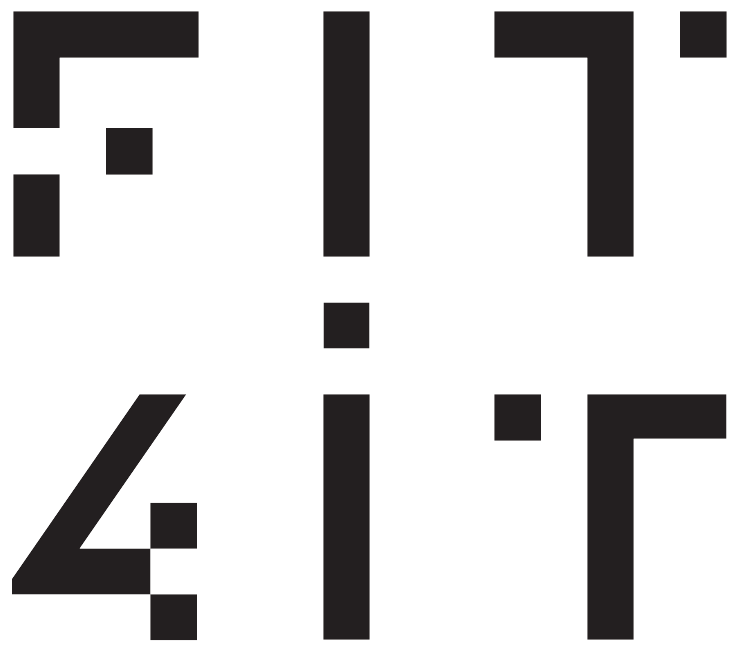When most people start a fitness journey, they dive straight into the details, reps, routines, and meal prep. But here’s the truth: none of that matters if your head isn’t in the right place. The real first rep isn’t physical. It’s mental. It’s that quiet moment you decide, Yes, I can do this.
At FIT4IT, we’ve seen it firsthand. Two clients can start with the same plan and the same coach. One sticks it out and sees lasting results. The other drops off after a few weeks. What makes the difference? Not the program. Not the trainer. The mindset.
And it’s not just experience talking, research backs it up. A study published in Health Psychology found that people with high self-efficacy, the belief that they can succeed, were far more likely to stick with their routines. In plain words: when you believe you can keep going, you usually do.
Think about your own life. Maybe you’ve told yourself you’ll start again on Monday. Then emails pile up, deadlines shift, stress sneaks in, and suddenly your plan gets pushed aside. It’s not that you didn’t want it badly enough. It’s that your mental resilience wasn’t trained to handle the curveballs.

Good mental health helps you stay consistent with workouts and nutrition, even when motivation fades.
That’s why mindset is like an “invisible muscle.” Every time you choose discipline over excuses, or calm over chaos, that muscle grows. And just like lifting weights, the more you train it, the stronger it becomes.
Let’s have a look at the importance of mental strength and why it builds the core of your workout.
Why Mental Strength Comes First
Mental strength allows you to commit when motivation fades. It helps you show up when the day has drained you. At Fit4It, we integrate mindfulness, breathwork, and neuro-performance coaching into our Transform360™ fitness assessment because we know mindset isn’t an afterthought; it’s day one. Our personal training programs are designed to strengthen both body and mind, ensuring long-term consistency and balance.
Client Story: The Banker Who Found His Balance
He came to us tired. At 48, working long hours in corporate banking, he had tried every kind of training you can imagine. Start, stop, repeat. His body had been through constant ups and downs. But when we sat down with him, it was clear the bigger battle wasn’t physical; it was the mental fatigue that came with years of pressure and inconsistency.
So instead of pushing him harder, we slowed things down. We paired two structured strength sessions a week with short, simple mindfulness practices he could weave into his routine. Nothing complicated. Just ten minutes to breathe and reset, even on the busiest days.
Six weeks later, the difference was obvious. His energy stopped crashing by midday. He wasn’t dragging himself into workouts anymore, he was showing up with focus. And in the boardroom? He told us he felt calmer, less reactive, more in control. He hadn’t expected a fitness program to change the way he handled stress at work, but it did. Working with a life coach can also help align your goals, manage stress, and strengthen the mindset needed for sustainable fitness progress.
How To Train The Mind Like A Muscle
The lesson is simple: your mindset needs training just like your body does. And it doesn’t have to be overwhelming. Here are four small ways to start:
- Start small. Don’t aim for perfection. Two solid workouts a week are better than five you can’t keep up with.
- Set reminders you can see. Shoes by the door. A gym bag in the car. Visual cues make it easier to take action.
- Pause between tasks. A couple of minutes of breathing between meetings can reset your head and prevent burnout.
- Celebrate effort. Write down what you did, not just the outcome. Even showing up counts, and over time, those wins add up.

Mental strength supports long-term lifestyle changes by aligning your mindset with your fitness goals.
Physical fitness starts with mental alignment. Before you commit to any program, get your mindset in the right place. With the right internal strategy, the external results follow. At FIT4IT, our endeavor isn’t just about training harder; it’s about thinking smarter, showing up stronger, and building mental resilience alongside physical fitness.
Further Reading & References
- American Psychological Association – Willpower and Self-Control: https://www.apa.org/helpcenter/willpower
- Health Psychology – Self-Efficacy and Adherence to Exercise: https://psycnet.apa.org/doi/10.1037/0278-6133.4.3.307
- Mindfulness Research Monthly – The Impact of Meditation on Emotional Regulation: https://goamra.org/research-summary-archive/
- Psychology Today – Mental Toughness in Fitness: https://www.psychologytoday.com/us/blog/the-power-prime/201101/mental-toughness
- Harvard Health Publishing – Training the Brain for Fitness: https://www.health.harvard.edu/mind-and-mood/train-your-brain-with-exercise
Was this helpful?
Good job! Please give your positive feedback
How could we improve this post? Please Help us.







No Comments